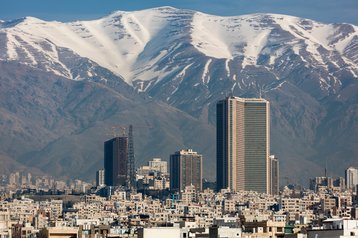After three years and $13 million, Iran has launched its first cloud data center at an opening ceremony in Tehran attended by Minister of Communications and Information Technology Mahmoud Vaezi.
With $5 million in government funds helping construction, the administration said that it will be integrated into the nationwide data network and provide storage and network services.
Iran vs the Internet
Since 2009’s troubled presidential election, Iran has blocked numerous western sites off and on, including Facebook, Twitter and YouTube, as well as messaging apps like WhatsApp. Earlier this month, the country blocked Pokémon Go.
During elections or times of discontent, Iran has also been known to slow or cut off Internet connections entirely for citizens. Iran’s head of security forces, Esmail Ahmadi Moghaddam, previously referred to Google’s search engine as a US “spying tool.”
As a longer term strategy, Iran has slowly moved forward with plans for a national intranet, dubbed as a ‘halal internet’, which would potentially seal off Iranian cyberspace from the rest of the world. The nation says that the move will secure Iranian national identity, conform to Islamic values and provide “appropriate” services - critics, however, see it as a way to counter free speech, control information and quell dissent.
Last year saw Iran launch Yooz and Parsijoo, search engines that trawl the web showing only approved websites and content. A 2015 study by Small Media also reported that Iran has doubled its ICT budget as it tries to build both an Internet infrastructure and a way to control the Internet.
However, restricting Internet access has had an unintended consequence - it has driven many in the state to use circumvention tools such as the Tor browser.

